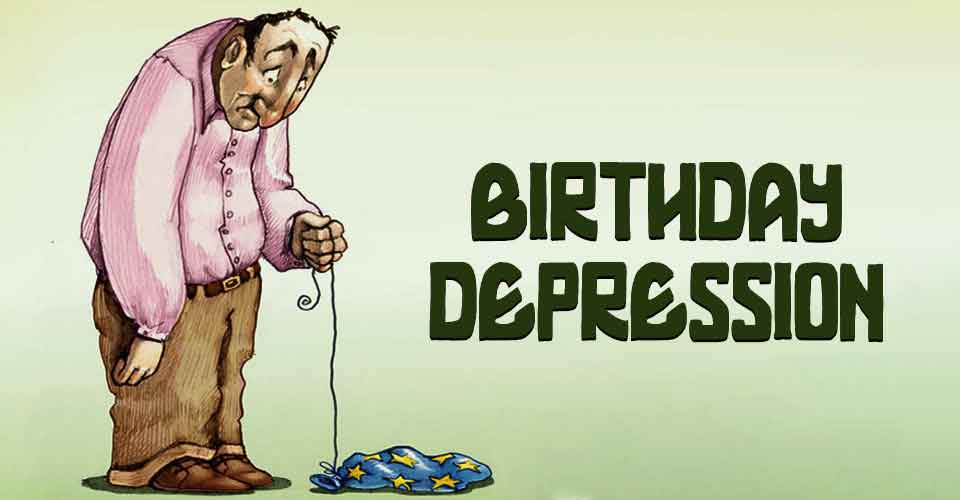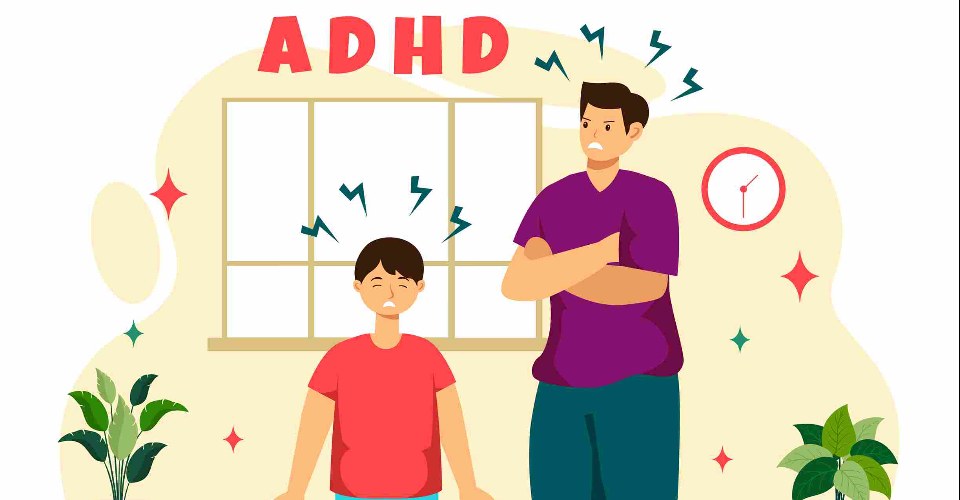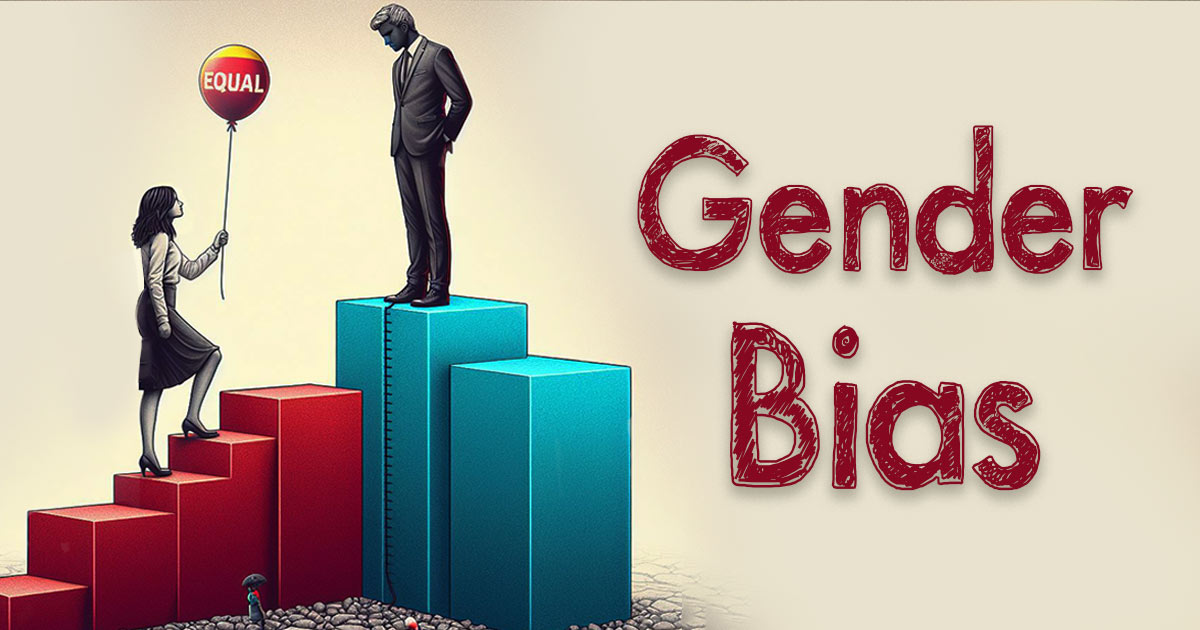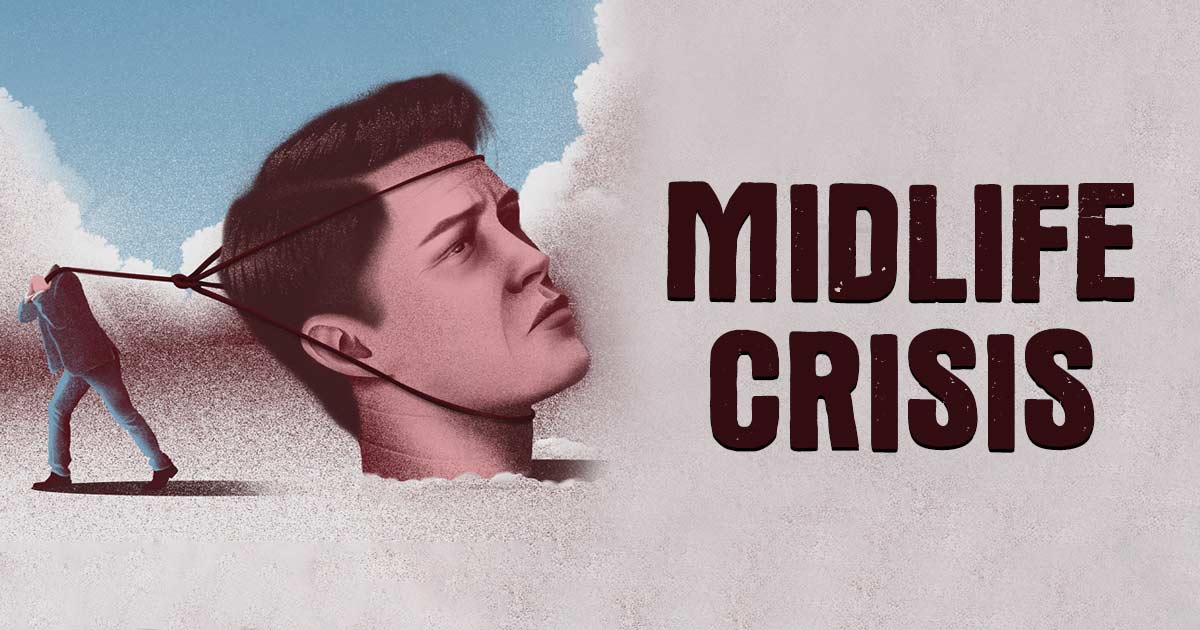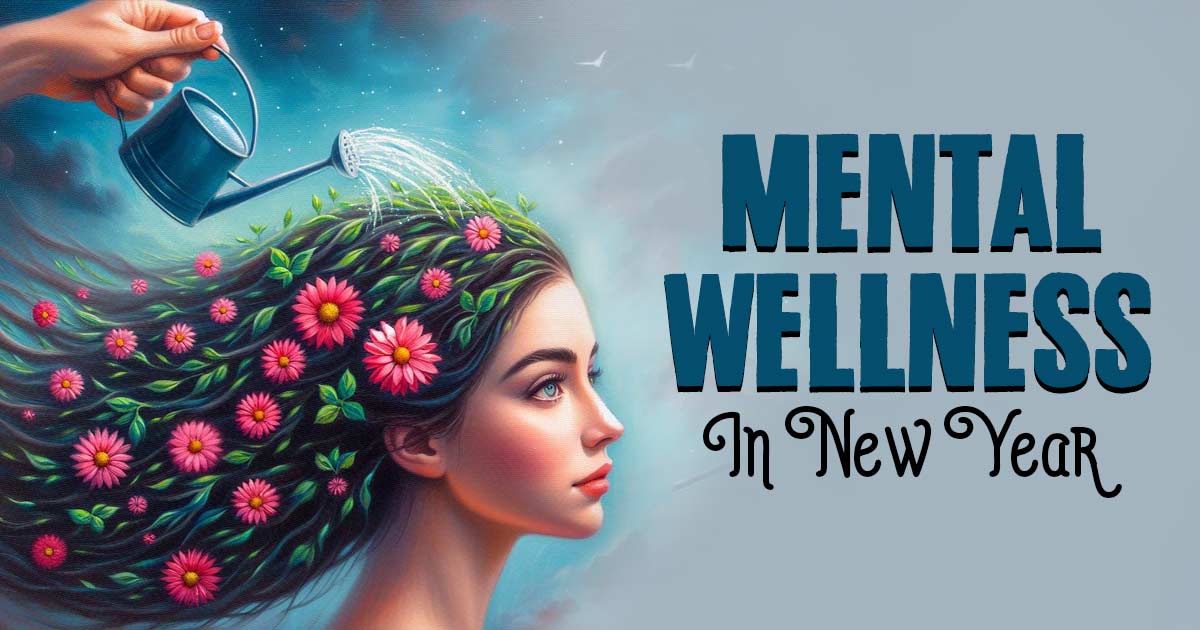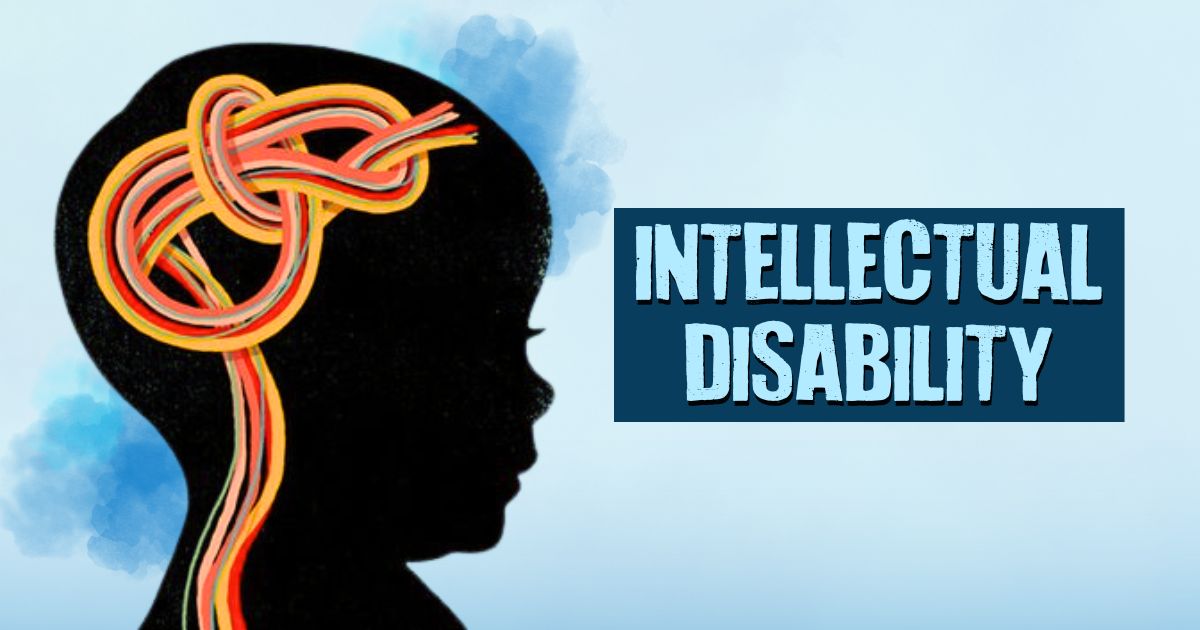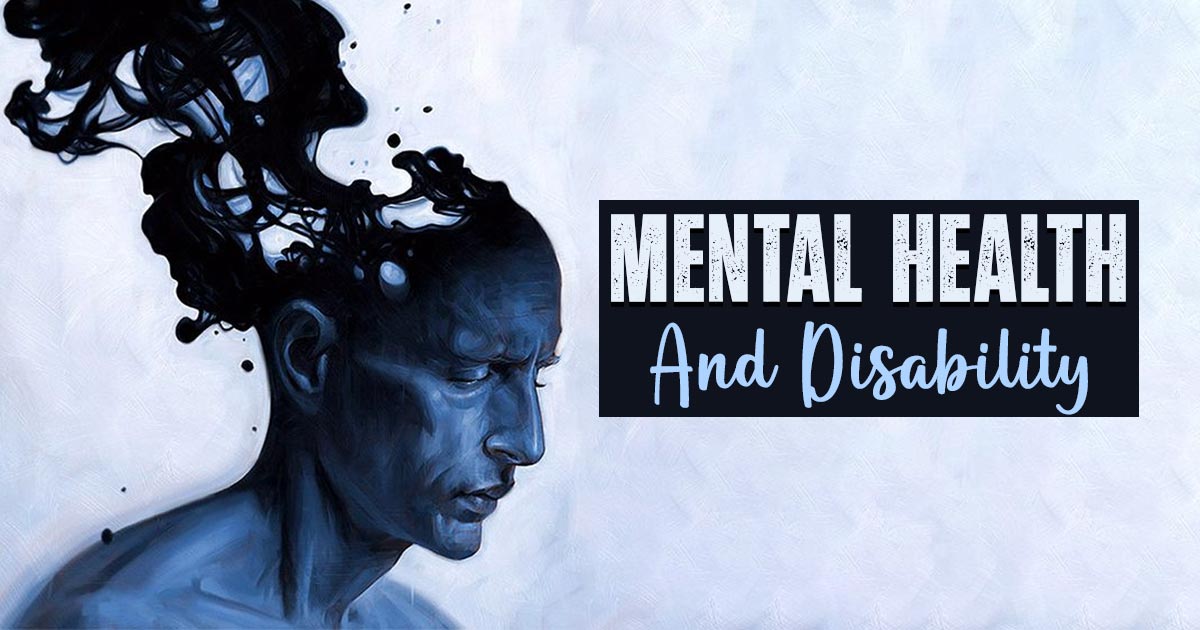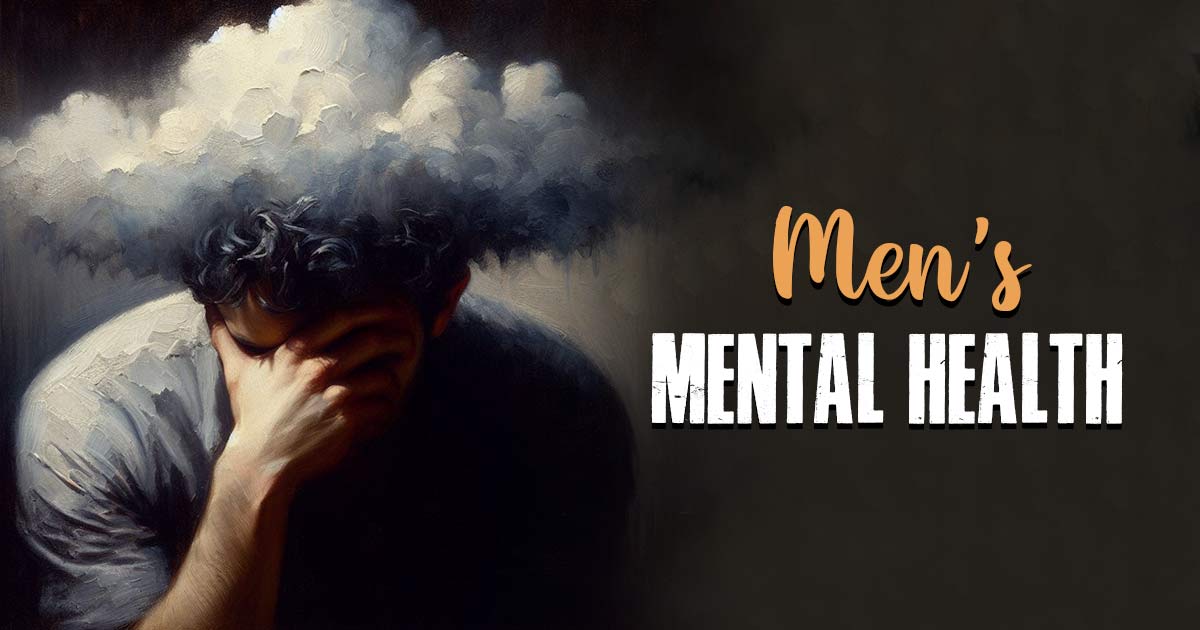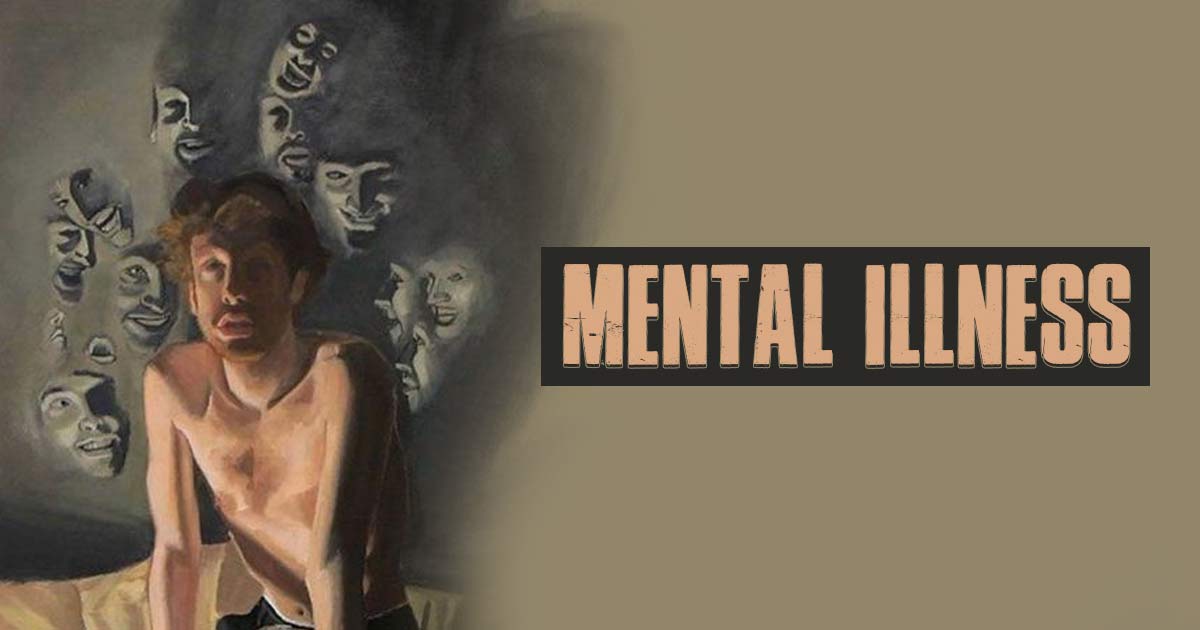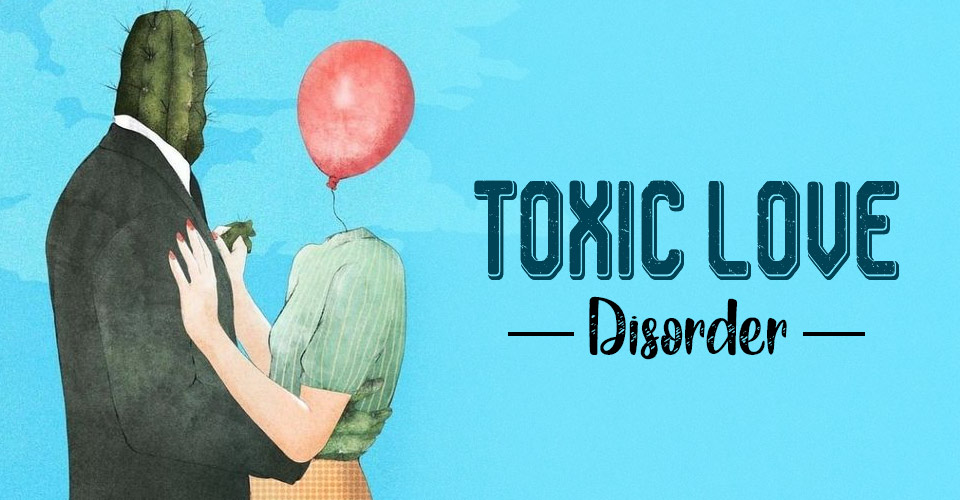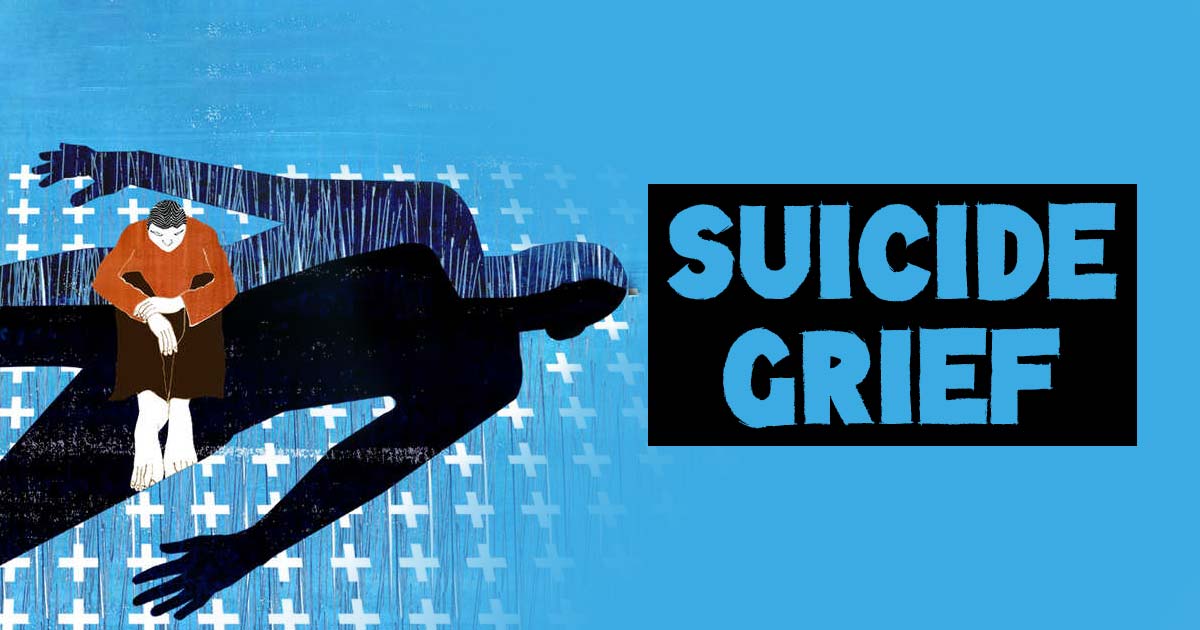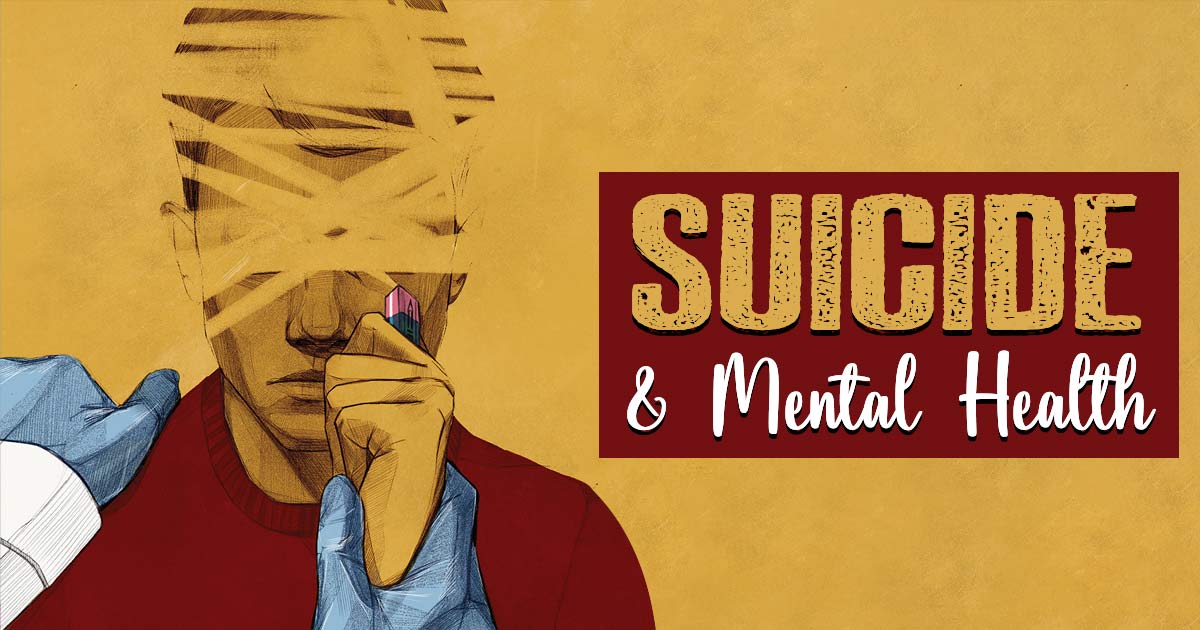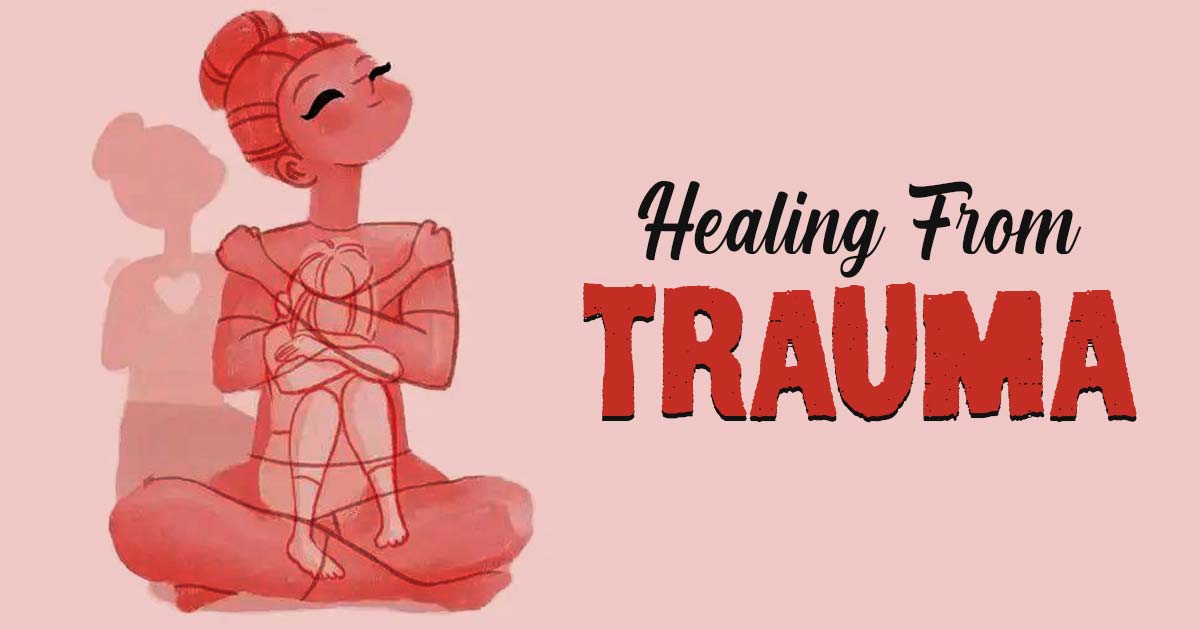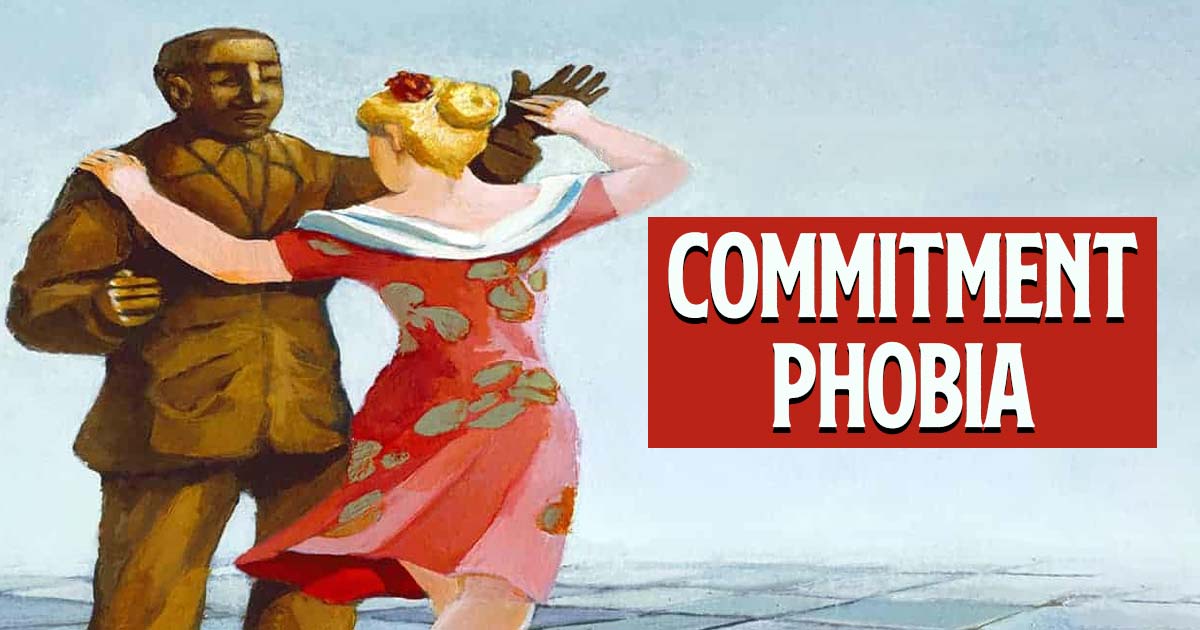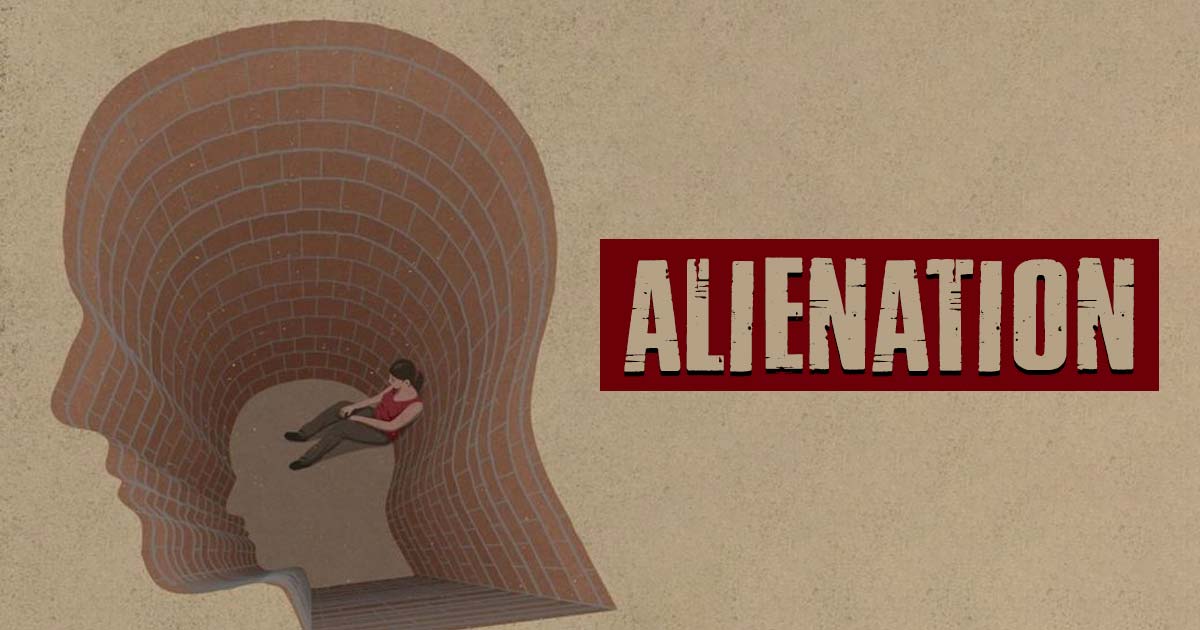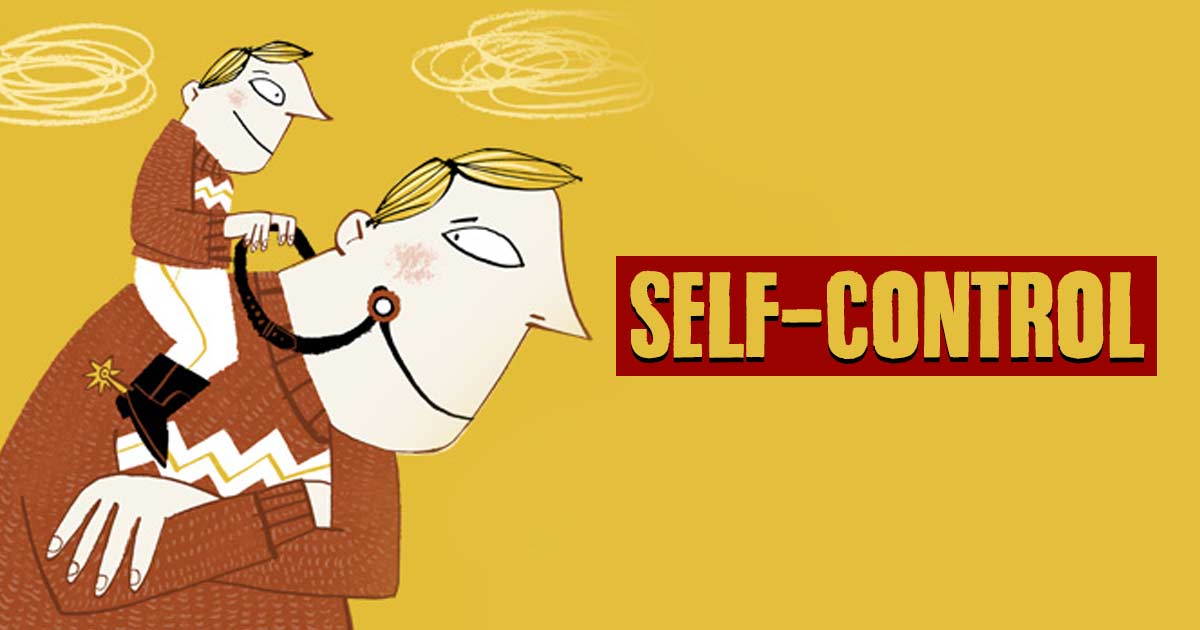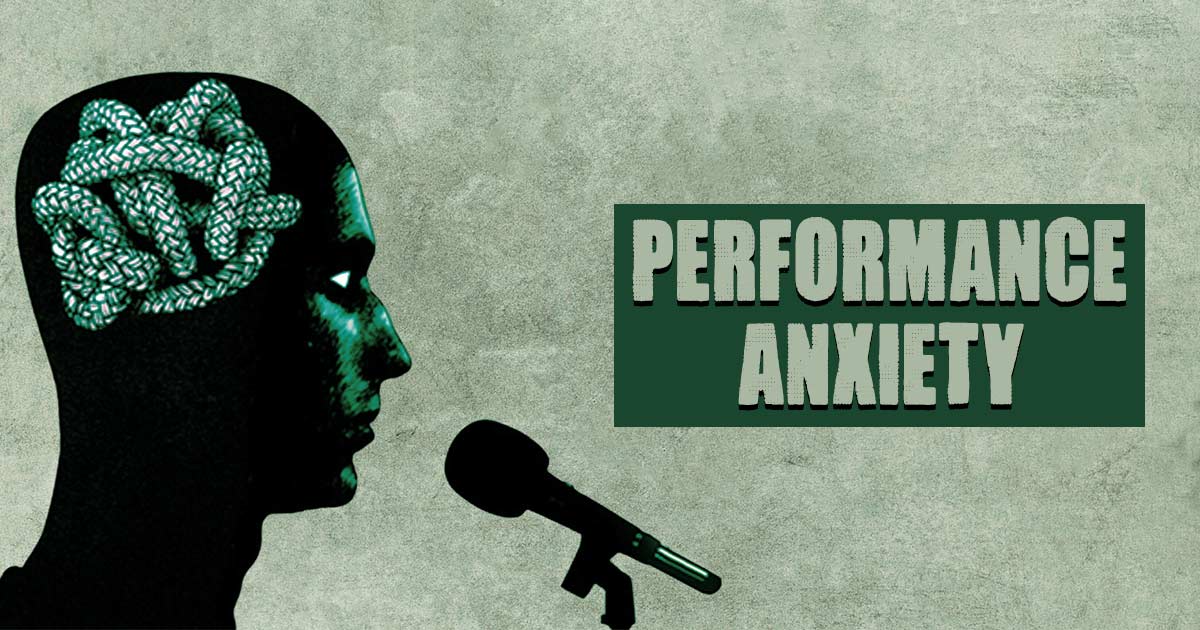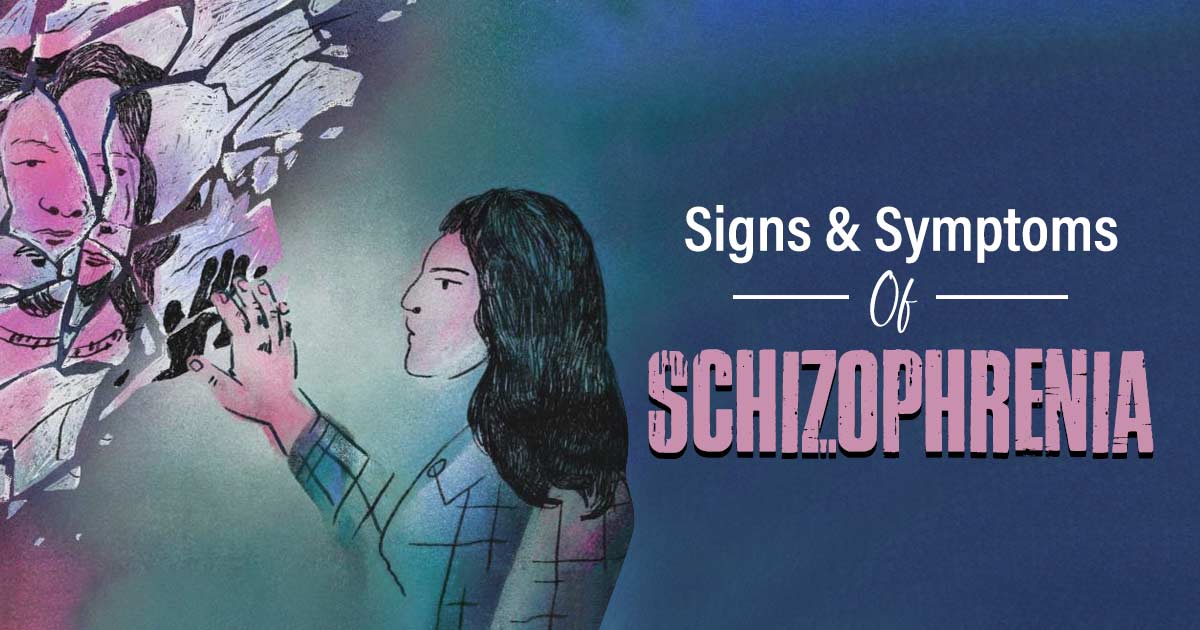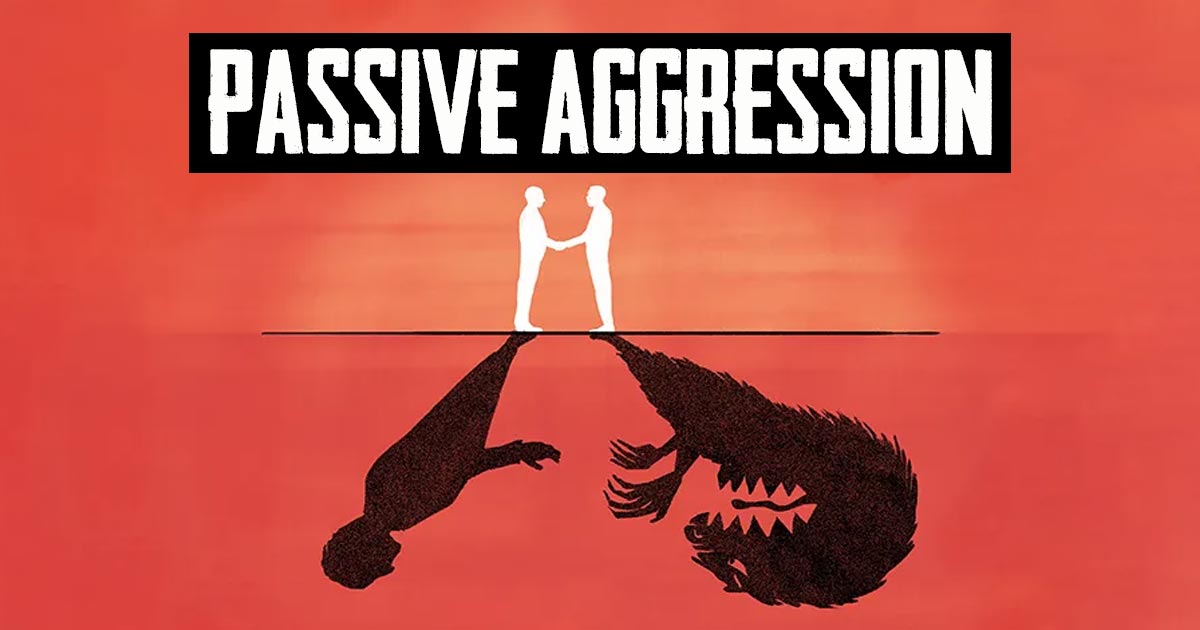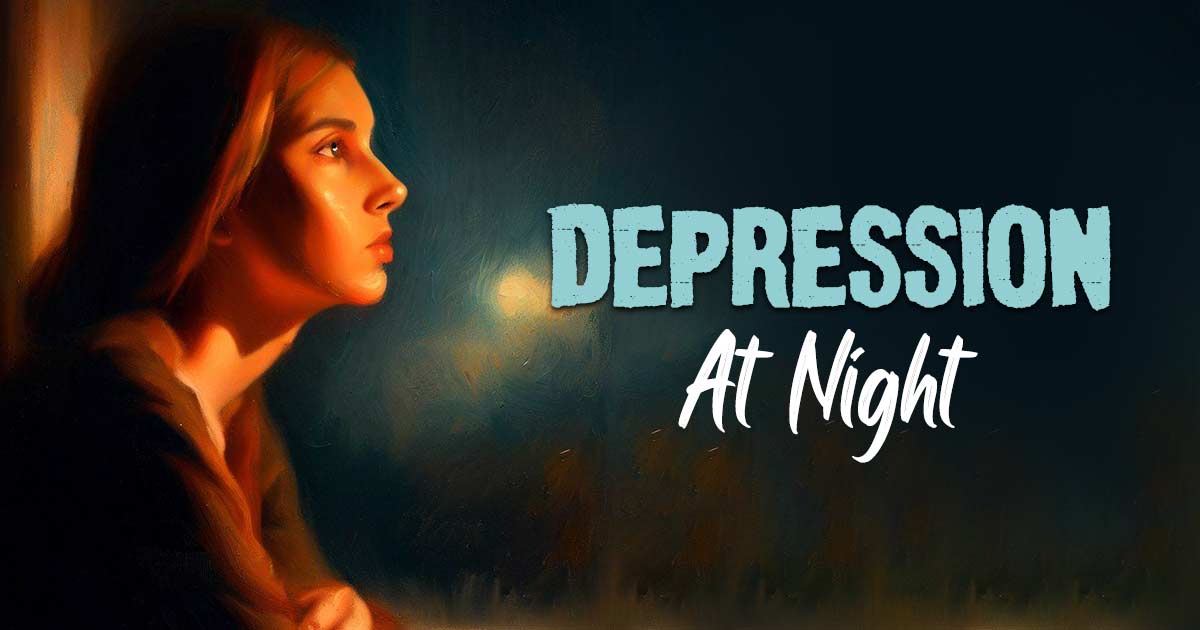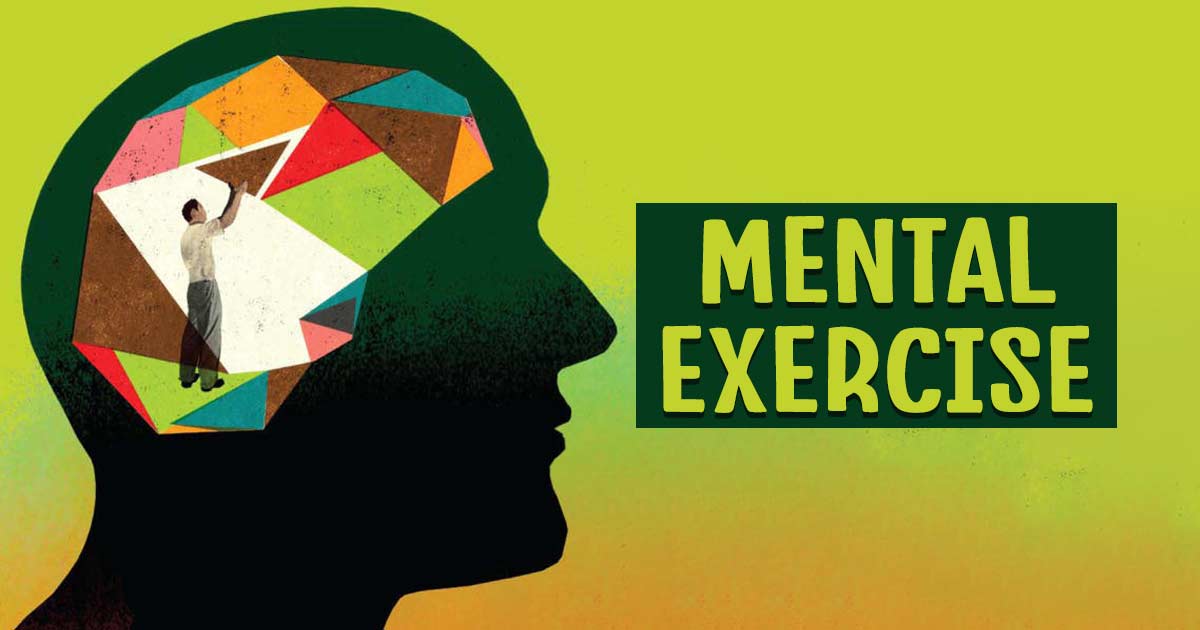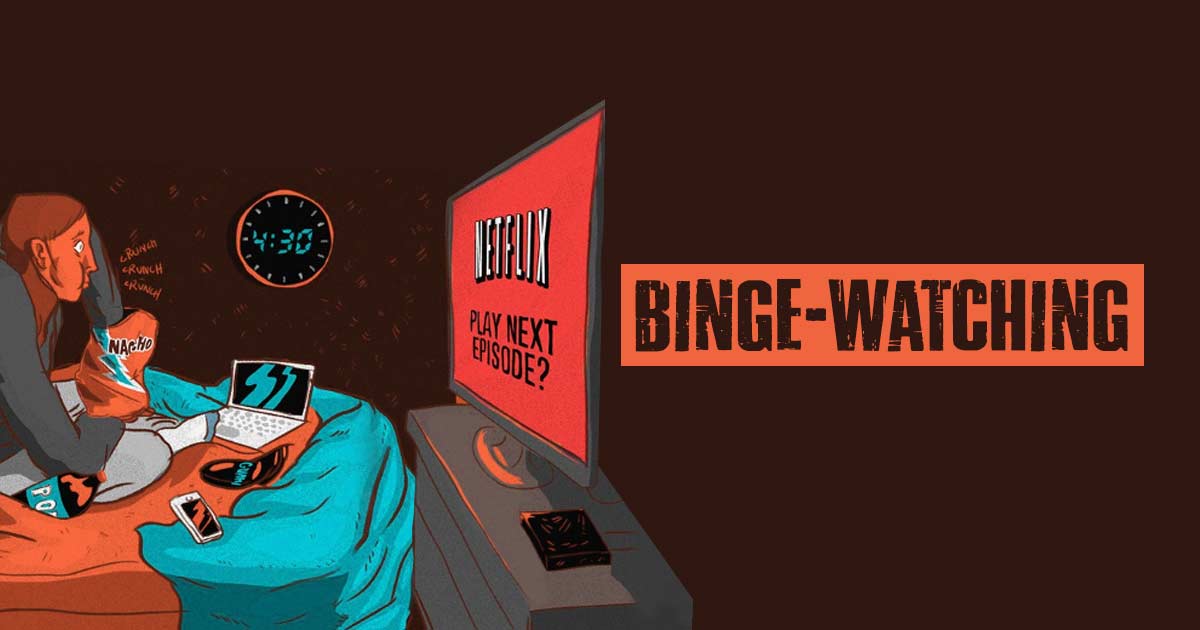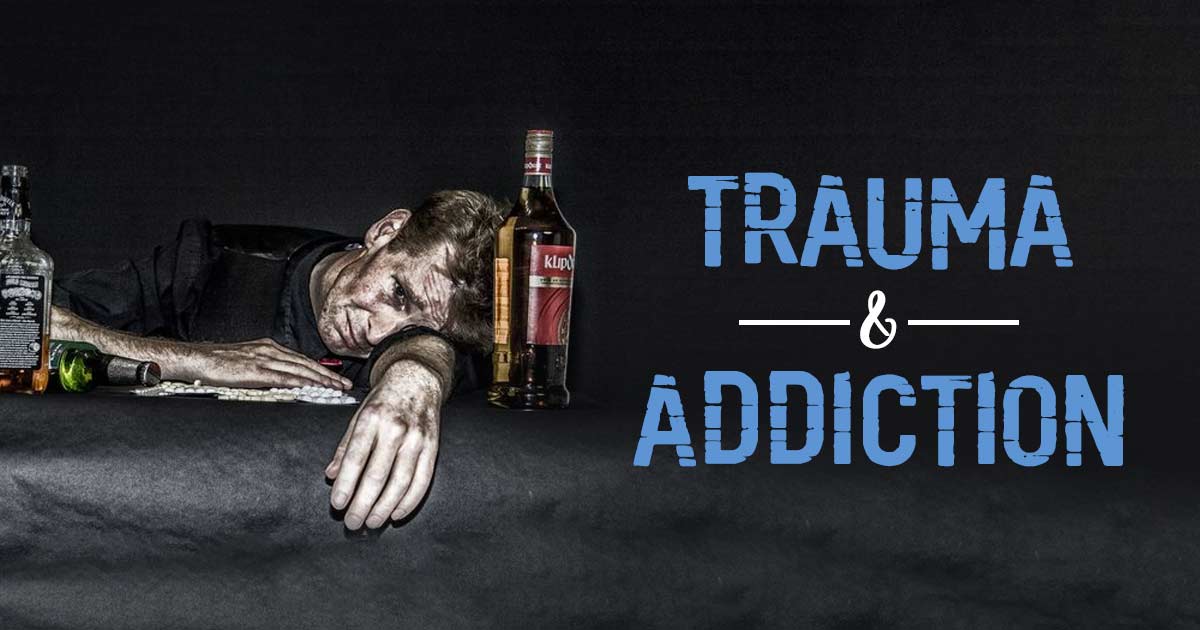Birthdays are supposed to be a time for celebration, but for some, it can bring about a sense of sadness and despair, leading to what is known as birthday depression.
What Is Birthday Depression?
Birthday depression, also known as the “birthday blues,” is a common phenomenon in which individuals experience feelings of sadness, anxiety, or disappointment during or around their birthdays.
While it may not always be severe, it can be an indicator of underlying mental health issues, particularly for individuals with a history of depression or anxiety. This can occur at any age and can be triggered by a variety of factors, including feelings of loneliness, societal pressure, and high expectations for a perfect celebration.
Sometimes, people can experience birthday depression in the days before and after their birthdays. However, it’s important to recognize that birthday depression can occur alongside clinical depression, a widespread mental health disorder that can impact people’s lives in profound ways.
Read More About Depression Here
Symptoms Of Birthday Depression
DSM-5 does not specifically include a diagnosis 1 Lester D. (1997). The birthday blues. Perceptual and motor skills, 85(3 Pt 1), 1090. https://doi.org/10.2466/pms.1997.85.3.1090 for birthday depression. It is important to note that experiencing some of these symptoms during the period around one’s birthday does not necessarily mean that the individual might suffer from the major depressive disorder (MDD) 2 Bains, N., & Abdijadid, S. (2022). Major Depressive Disorder. In StatPearls. StatPearls Publishing. Available from: https://www.ncbi.nlm.nih.gov/books/NBK559078/ .
However, if the symptoms persist, these may interfere with the social, occupational, and daily functioning of an individual. Individuals with birthday depression might experience the following symptoms before or during their birthday:
- Loss of interest in celebrating a birthday
- Feelings of sadness
- Irritability
- Changes of appetite 3 Cosgrove, K. T., Burrows, K., Avery, J. A., Kerr, K. L., DeVille, D. C., Aupperle, R. L., Teague, T. K., Drevets, W. C., & Simmons, W. K. (2020). Appetite change profiles in depression exhibit differential relationships between systemic inflammation and activity in reward and interoceptive neurocircuitry. Brain, Behavior, and Immunity, 83, 163–171. https://doi.org/10.1016/j.bbi.2019.10.006
- Difficulty in sleeping 4 Nutt, D., Wilson, S., & Paterson, L. (2008). Sleep disorders as core symptoms of depression. Dialogues in clinical neuroscience, 10(3), 329–336. https://doi.org/10.31887/DCNS.2008.10.3/dnutt
- Avoiding contact with people, especially friends, and family members
- Difficulty in concentrating
- Indecisiveness
- Persistent body aches 5 Trivedi M. H. (2004). The link between depression and physical symptoms. Primary care companion to the Journal of clinical psychiatry, 6(Suppl 1), 12–16. , such as back pain and headache
- Having thoughts of self-harm 6 Lundh, L. G., Wångby-Lundh, M., Paaske, M., Ingesson, S., & Bjärehed, J. (2011). Depressive symptoms and deliberate self-harm in a community sample of adolescents: a prospective study. Depression research and treatment, 2011, 935871. https://doi.org/10.1155/2011/935871
Who Is More Prone To Feeling Depressed On Birthdays?
Anyone can experience depression around their birthday, regardless of age, gender, or other demographic factors. However, some people may be more vulnerable to feeling depressed on birthday. For example:
1. People with Specific Personality Traits
People who are highly sensitive 7 Yano, K., Kase, T., & Oishi, K. (2019). The effects of sensory-processing sensitivity and sense of coherence on depressive symptoms in university students. Health psychology open, 6(2), 2055102919871638. https://doi.org/10.1177/2055102919871638 or emotionally reactive may be more prone to experiencing intense negative emotions of helplessness, and loneliness on their birthday, especially if they feel like they are not receiving the love and attention they need.
2. People with Dysfunctional Relationships
Family dynamics, such as a history of family conflict, tension, or dysfunction, may create a stressful environment 8 Sander, J. B., & McCarty, C. A. (2005). Youth depression in the family context: familial risk factors and models of treatment. Clinical child and family psychology review, 8(3), 203–219. https://doi.org/10.1007/s10567-005-6666-3 that can intensify feelings of depression on a person’s birthday.
3. People with Significant Life Changes
People who are experiencing significant life changes 9 Bennik, E. C., Ormel, J., & Oldehinkel, A. J. (2013). Life changes and depressive symptoms: the effects of valence and amount of change. BMC psychology, 1(1), 14. https://doi.org/10.1186/2050-7283-1-14 , such as a job loss or a break-up, may be more vulnerable to feeling sad or stressed on their birthdays.
4. Individuals with Mental Health Issues
People who have a history of depression, anxiety 10 Goodwin G. M. (2015). The overlap between anxiety, depression, and obsessive-compulsive disorder. Dialogues in clinical neuroscience, 17(3), 249–260. https://doi.org/10.31887/DCNS.2015.17.3/ggoodwin , or other mental health conditions may be more likely to experience birthday depression.
5. Family History of Mental Health Issues
People who come from families with a history 11 Burcusa, S. L., & Iacono, W. G. (2007). Risk for recurrence in depression. Clinical psychology review, 27(8), 959–985. https://doi.org/10.1016/j.cpr.2007.02.005 of mental health issues, such as depression or anxiety, may be more prone to experiencing birthday depression.
What Causes Birthday Depression?
Here are some common factors that may contribute to feeling depressed on their birthday:
1. High Expectations
Many people have high expectations 12 Xi, J., & Hwang, S. S. (2011). Unmet Expectations and Symptoms of Depression among the Three Gorges Project Resettlers. Social science research, 40(1), 245–256. https://doi.org/10.1016/j.ssresearch.2010.09.001 for their birthday celebration, which can lead to disappointment if those expectations are not met. This can be especially true for milestone birthdays or if the person has had a negative experience on a previous birthday.
2. Fear of Aging
As people get older, they may feel anxious 13 Horwitz A. V. (2010). How an age of anxiety became an age of depression. The Milbank quarterly, 88(1), 112–138. https://doi.org/10.1111/j.1468-0009.2010.00591.x or sad about aging. They may worry about their health, appearance, or mortality, which can contribute to feelings of depression around birthday.
Read More About Aging Here
3. Loneliness
People who are isolated or feel disconnected 14 Ge, L., Yap, C. W., Ong, R., & Heng, B. H. (2017). Social isolation, loneliness and their relationships with depressive symptoms: A population-based study. PloS one, 12(8), e0182145. https://doi.org/10.1371/journal.pone.0182145 from others may feel particularly lonely, which can increase feelings of sadness or depression during their birthday.
Read More About Loneliness Here
4. Comparing to Others
Social media and other forms of media can create a sense of pressure to compare oneself 15 Samra, A., Warburton, W. A., & Collins, A. M. (2022). Social comparisons: A potential mechanism linking problematic social media use with depression. Journal of behavioral addictions, 11(2), 607–614. https://doi.org/10.1556/2006.2022.00023 to others. Seeing others’ elaborate birthday celebrations or accomplishments can make people feel inadequate or unfulfilled.
5. Past Trauma
Past trauma can contribute to birthday depression by triggering memories that are associated with past experiences. The anniversary of a traumatic event, abuse, or the loss of a loved one 16 Zisook, S., & Shear, K. (2009). Grief and bereavement: what psychiatrists need to know. World psychiatry : official journal of the World Psychiatric Association (WPA), 8(2), 67–74. https://doi.org/10.1002/j.2051-5545.2009.tb00217.x , can lead to increased feelings of sadness, or other negative emotions on a birthday.
Effects Of Birthday Depression On Mental Health
Birthday depression can have several effects on a person’s mental health, including:
1. Increased Risk of Anxiety and Depression
Prolonged negative emotions 17 Arslanoglou, E., Banerjee, S., Pantelides, J., Evans, L., & Kiosses, D. N. (2019). Negative Emotions and the Course of Depression During Psychotherapy in Suicidal Older Adults With Depression and Cognitive Impairment. The American journal of geriatric psychiatry : official journal of the American Association for Geriatric Psychiatry, 27(12), 1287–1295. https://doi.org/10.1016/j.jagp.2019.08.018 of sadness and mood swings associated with birthday depression can increase the risk of developing anxiety and depression.
Read More About Anxiety Here
2. Poor Self-esteem
Feelings of disappointment or failure associated with unmet expectations or unfulfilled goals on birthdays can lead to poor self-esteem 18 Nguyen, D. T., Wright, E. P., Dedding, C., Pham, T. T., & Bunders, J. (2019). Low Self-Esteem and Its Association With Anxiety, Depression, and Suicidal Ideation in Vietnamese Secondary School Students: A Cross-Sectional Study. Frontiers in psychiatry, 10, 698. https://doi.org/10.3389/fpsyt.2019.00698 and feelings of inadequacy.
Read More About Self-esteem Here
3. Social Withdrawal
Birthday depression can make people feel isolated and disconnected from others 19 Elmer, T., & Stadtfeld, C. (2020). Depressive symptoms are associated with social isolation in face-to-face interaction networks. Scientific reports, 10(1), 1444. https://doi.org/10.1038/s41598-020-58297-9 , leading to social withdrawal and a lack of engagement in social activities.
4. Negative Impact on Relationships
Mood swings and irritability associated with birthday depression can lead to strained relationships 20 Goodman, R. J., Samek, D. R., Wilson, S., Iacono, W. G., & McGue, M. (2019). Close relationships and depression: A developmental cascade approach. Development and psychopathology, 31(4), 1451–1465. https://doi.org/10.1017/S0954579418001037 with friends and family members, particularly if the person is not able to communicate their feelings effectively.
5. Reduced Productivity
People with birthday depression may find it difficult to focus and be productive 21 Beck, A., Crain, A. L., Solberg, L. I., Unützer, J., Glasgow, R. E., Maciosek, M. V., & Whitebird, R. (2011). Severity of depression and magnitude of productivity loss. Annals of family medicine, 9(4), 305–311. https://doi.org/10.1370/afm.1260 , which can have negative consequences, such as absenteeism and decreased satisfaction in work or other important areas of life.
Coping And Management With Birthday Depression
Coping and managing birthday depression can involve a combination of self-care strategies 22 Goudarzian, A. H., Bagheri Nesami, M., Zamani, F., Nasiri, A., & Beik, S. (2017). Relationship between Depression and Self-care in Iranian Patients with Cancer. Asian Pacific journal of cancer prevention : APJCP, 18(1), 101–106. https://doi.org/10.22034/APJCP.2017.18.1.101 and seeking support 23 Li, X. Y., Liu, Q., Chen, P., Ruan, J., Gong, X., Luo, D., Zhou, Y., Yin, C., Wang, X. Q., Liu, L., & Yang, B. X. (2022). Predictors of Professional Help-Seeking Intention Toward Depression Among Community-Dwelling Populations: A Structural Equation Modeling Analysis. Frontiers in psychiatry, 13, 801231. https://doi.org/10.3389/fpsyt.2022.801231 from others. Here are some tips that may help:
1. Acknowledge Your Feelings
It’s important to recognize and accept that you are experiencing birthday depression. Allow yourself to feel your emotions and avoid self-criticism.
2. Practice Self-care
Take care of yourself by engaging in mindfulness activities 24 Parmentier, F. B. R., García-Toro, M., García-Campayo, J., Yañez, A. M., Andrés, P., & Gili, M. (2019). Mindfulness and Symptoms of Depression and Anxiety in the General Population: The Mediating Roles of Worry, Rumination, Reappraisal and Suppression. Frontiers in psychology, 10, 506. https://doi.org/10.3389/fpsyg.2019.00506 that make you feel good, such as exercise, or meditation. Make sure to get enough sleep, eat well, and stay hydrated.
3. Set Realistic Expectations
Avoid putting too much pressure on yourself to have a perfect celebration. It’s okay to have a low-key celebration if that’s what you need.
4. Connect with Others
Spend time with friends or family members 25 Griffiths, K. M., Crisp, D. A., Barney, L., & Reid, R. (2011). Seeking help for depression from family and friends: a qualitative analysis of perceived advantages and disadvantages. BMC psychiatry, 11, 196. https://doi.org/10.1186/1471-244X-11-196 who care about you. If you’re feeling particularly isolated, try reaching out to a mental health professional or a support group.
5. Reflect on Your Accomplishments
Use your birthday as an opportunity to reflect on your accomplishments, challenges, and growth over the past year. Write down some positive affirmations like, “I am getting better every day” or, “I am strong” to help you stay motivated and focused on goals.
6. Seek Professional Help
If you find that your symptoms persist or become more severe, it may be helpful to seek support from a mental health professional. They can provide guidance and support 26 Duval, F., Lebowitz, B. D., & Macher, J. P. (2006). Treatments in depression. Dialogues in clinical neuroscience, 8(2), 191–206. https://doi.org/10.31887/DCNS.2006.8.2/fduval to help you manage your emotions and develop coping strategies.
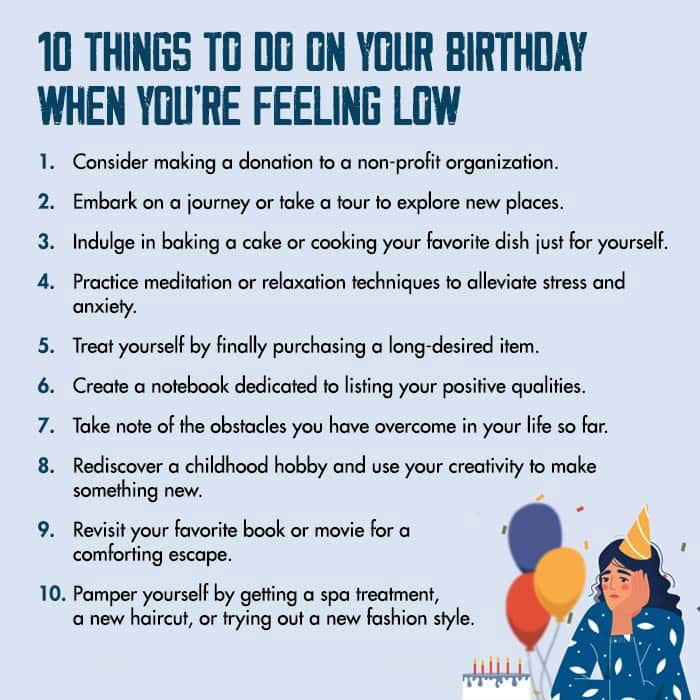
Takeaway
Birthday depression can be a challenging experience that is caused by various factors, such as social pressure, unrealistic expectations and feeling unaccomplished. It is important to seek support, manage expectations, and practice self-care to overcome this condition and enjoy the birthday celebration with a positive mindset.
At A Glance
- Birthday depression is the experience of negative emotions that some individuals may go through on their birthdays.
- Birthday depression and anxiety can be a challenging and overwhelming experience for some individuals.
- Symptoms of birthday depression can include persistent sadness, anxiety, changes in sleep or appetite, etc.
- Birthday depression psychology refers to the factors that contribute to experiencing symptoms of depression on one’s birthday.
- The memories of past traumas and losses can sometimes trigger depression during birthday, making it a challenging time for those struggling with their mental health.
- Understanding the birthday depression meaning can help individuals to develop effective strategies for promoting overall well-being.
Frequently Asked Questions (FAQs)
1. Why do people get depressed before birthday?
Depression before one’s birthday can be influenced by a variety of factors, such as past experiences, personal high expectations, and aging.
2. Why do I feel lonely and depressed on my birthday?
Some possible reasons for feeling lonely and depressed on own birthday may include a lack of social support or connections, feeling overwhelmed or anxious about aging, unfulfilled goals, or past traumatic experiences associated with birthdays.
3. Is it OK to not celebrate birthday?
It is okay to not celebrate a birthday. Everyone has their preferences and ways of celebrating special occasions which is perfectly valid.
4. What to do if no one wishes you happy birthday?
It is important to remember that other people’s actions do not define one’s worth or the value of one’s special day. Individuals can do something special by themselves that makes them happy.
5. What is Fragapane phobia?
Fragapane phobia is a term to describe the fear of celebrating one’s birthday.

